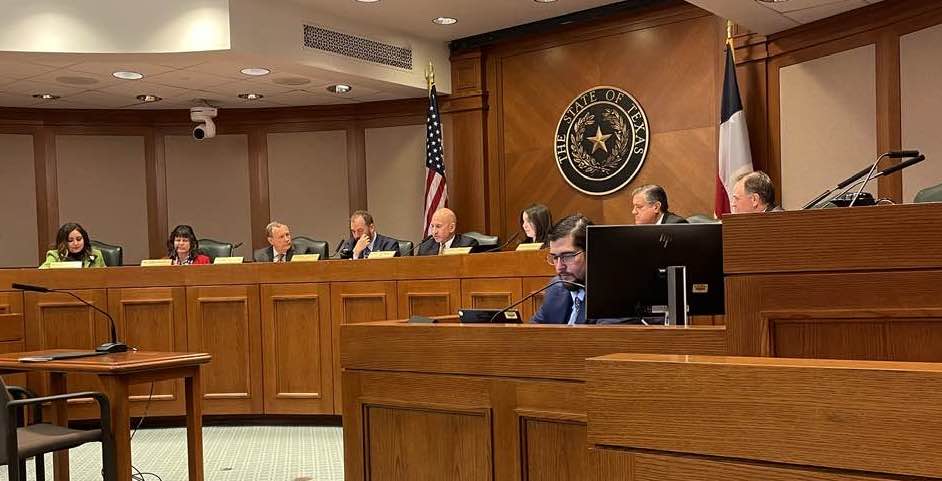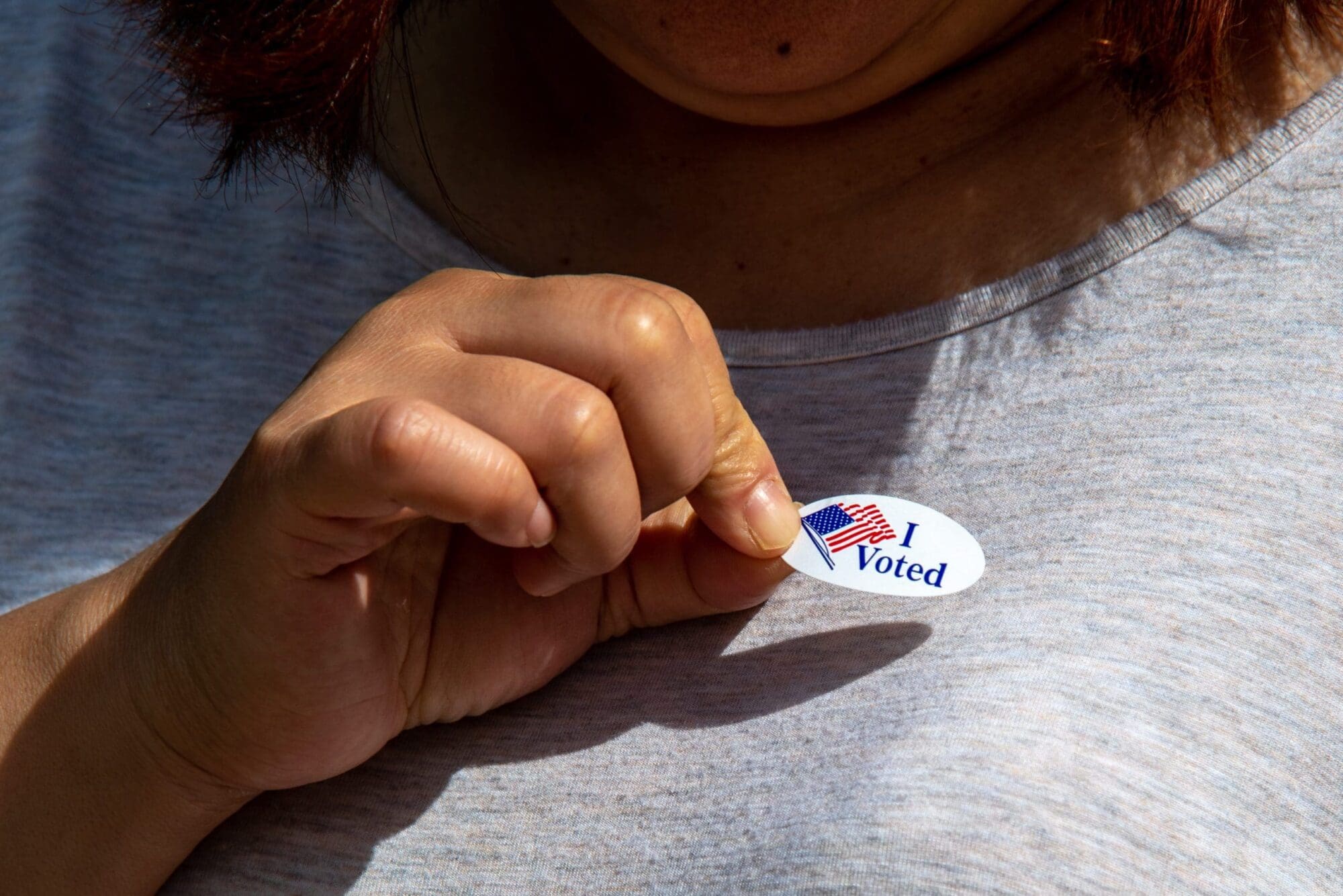This article has been updated since publication.
A state judge in San Antonio denied Attorney General Ken Paxton’s request to stop Bexar County from sending unsolicited voter registration applications. Paxton later announced that the state had appealed the decision.
Judge Antonia Arteaga of the 57th Civil District Court ruled Monday that the state’s motion was moot as the voter applications have already been mailed.
The case began when Paxton’s office sued Bexar County for approving funding of an “unlawful program” that would mail voter registration applications to unregistered Bexar County residents.
Bexar County Commissioners Court approved a $392,700 purchase order to Civic Government Solutions, LLC (CGS) in a 3-1-1 vote “to print and mail State Voter Registration Forms, with postage-paid return envelopes, to unregistered voters in locations based on targeting agreed to by the County.”
The purportedly nonpartisan third-party organization has direct ties to Civitech, an entity with an explicitly stated goal of “targeting” unregistered voters who will vote Democrat.
“If we don’t do it the right way, it may result in the wrong people signing up, whether they intend to or not,” argued Ryan Kercher, deputy chief of the Special Litigation Division in the attorney general’s office, on Monday morning. “It will cause additional work for county workers and for the state, and it may result in people who are not eligible to vote getting signed up to vote.”
Bexar County District Attorney Joe Gonzales said that because Paxton was “a no-show” to a prior appearance for a temporary restraining order, the county proceeded with the mailings.
Bexar County Elections Administrator Jacquelyn Callanen also failed to appear Monday as a witness for Kercher, arriving in court just as the hearing ended.
Bexar County Assistant Criminal District Attorney Robert W. Piatt III explained the voter registration forms were sent last week, fulfilling the terms of the county’s purchase award.
“If there are no further mailings to go out, there really is no more relief that’s necessary,” Arteaga said. The judge agreed, dismissing the case as moot.
However, according to the Office of the Attorney General, “the OAG attempted to schedule a hearing on a motion for a temporary restraining order with Bexar County attorneys. Bexar County claimed that it needed more time to prepare for litigation and agreed to a consolidated preliminary hearing on September 16.”
The OAG then revealed that on Friday, Bexar County filed a motion to dismiss the lawsuit and acknowledged that “they had been acting in secret to expedite the mass mailouts.”
The OAG appealed the judge’s dismissal late Monday, criticizing Bexar County’s “bad faith” actions.
“In a display of bad faith, Bexar County engaged in dirty tricks to avoid appropriate judicial review of a clearly unlawful program that invites voter fraud,” said Paxton. “These actions demonstrate that Bexar County knew what they were doing was wrong, yet expedited the mailout of unsolicited registration forms before the issue could be argued in court. I will fight every step of the way to hold them accountable.”
The OAG did not respond to a request for comment on how the outcome of today’s ruling would affect a similar lawsuit against Travis County.
No ads. No paywalls. No government grants. No corporate masters.
Just real news for real Texans.
Support Texas Scorecard to keep it that way!





